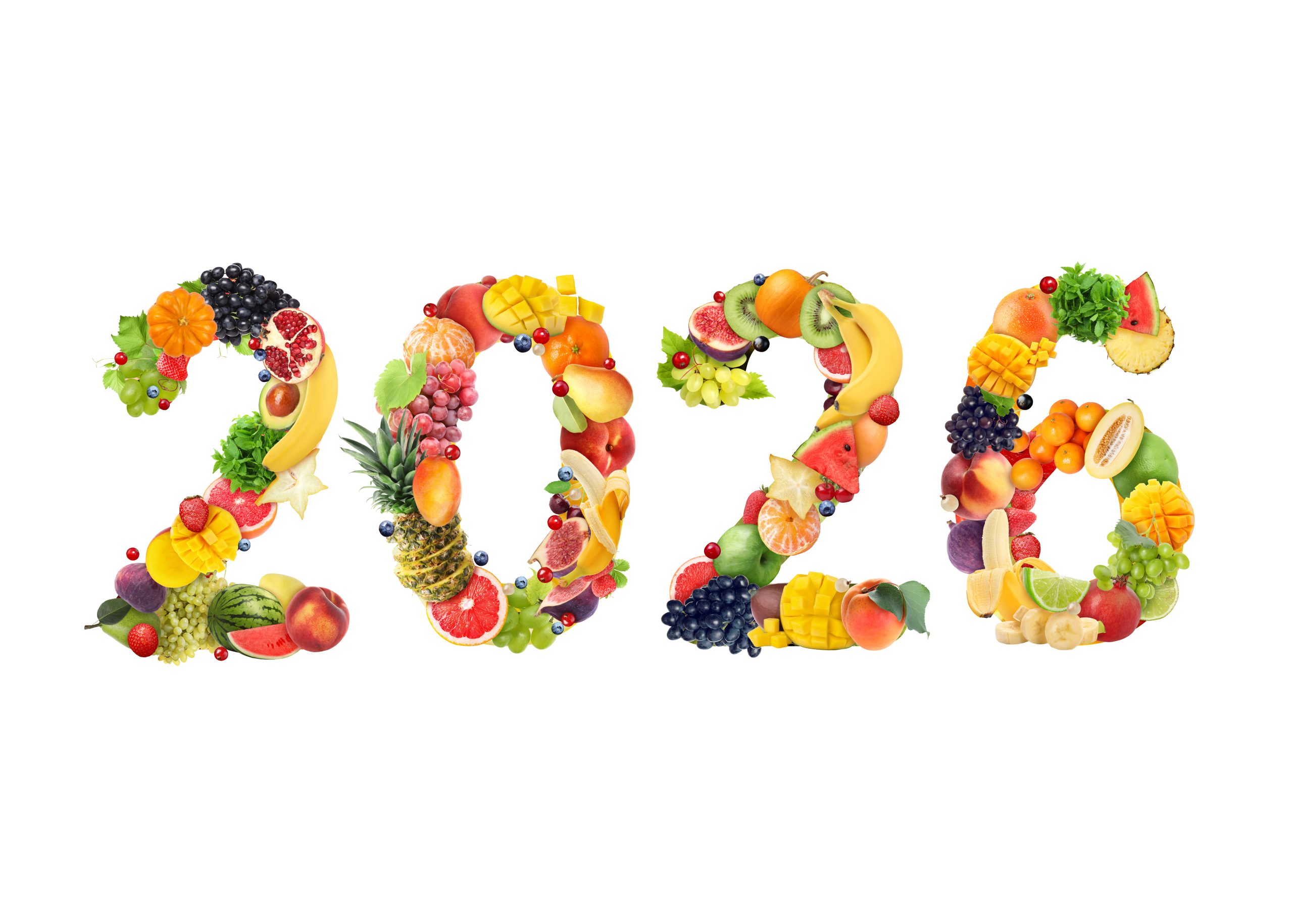Article originally appears in the May 10, 2019 issue of the SNEB eCommunicator.
Currently, 39% of us are actively trying to eat more plant-based foods (https://www.plantbasednews.org/post/39-americans-trying-eat-more-plant-based-foods). And take a look around us, the Impossible Burger is going national at Burger King later this year and plant-based milks are fast filling grocery shelves. What do we call these eating plans when talking with the public? Some options are provided below. Perhaps Michael Pollan in 2009 got it right: ‘Eat food, not too much, mostly plants’ @ https://www.webmd.com/food-recipes/news/20090323/7-rules-for-eating#1.
A look at what terms the public prefers and why
**The do’s and don’t of marketing plant-based foods: from the World Resource Institute’s Better Buying Lab @ https://www.wri.org/news/its-all-name-how-boost-sales-plant-based-menu-items says avoid the terms ‘meat-free,’ ‘vegan’ or ‘vegetarian,’ and focus on flavor, look and feel of the food.
**Consumers prefer the term ‘plant-based’ to’vegan’ @ https://www.foodnavigator-usa.com/Article/2018/04/19/Plant-based-plays-way-better-than-vegan-with-most-consumers-says-Mattson because consumers think foods that are ‘plant-based’ are more flexible and taste better when compared to ‘vegan’ options.
**’Certified plant-based’ logo may have broader appeal than ‘vegan’ stamp @ https://www.foodnavigator-usa.com/Article/2018/11/15/Certified-plant-based-logo-may-have-broader-appeal-than-vegan-stamp-says-PBFA. The stamp, launched in 2018 promotes animal-free and appeals to flexitarians. Tofurkey and Oatly are the first to participate.
Demand speaks!
**Demand for plant-based proteins increasing among foodservice operators @ https://csnews.com/demand-plant-based-proteins-increasing-among-foodservice-operators. Although all regions of the country see double-digit growth, the highest is in the West followed by the South.
**Plant-based food and beverage: a tale of two types @ https://www.fona.com/plantbased0319/ looks at what’s coming in the foodservice food and drink pipeline including Starbucks plan to offer more plant-based drinks and foods.
Different definitions
**Whole foods plant-based diet: a detailed beginner’s guide @ https://www.healthline.com/nutrition/plant-based-diet-guide shares what this diet, or lifestyle really, is and how it benefits health.
**What is a whole food, plant-based (WFPB) diet? This article @ https://nutritionstudies.org/what-is-a-whole-food-plant-based-diet/ is more specific and says that a WFPB diet avoids heavily processed/refined foods.
**What does eating a plant-based mean? @ https://foodinsight.org/what-does-eating-a-plant-based-diet-mean/ is not as restrictive as the definitions above (doesn’t mention heavily processed refined foods as ones to avoid).
**Defining plant-forward – Menus of Change, an initiative of The Culinary Institute of America and the Harvard T.H. Chan School of Public Health), a 1-page PDF @ http://www.menusofchange.org/images/uploads/pdf/Defining_Plant-Forward_Menus_of_Change.pdf describes plant-forward as mostly plants with health and sustainability in mind.
RDNs promote plant-based eating and how to get training in this field
**Sharon Palmer, the plant-powered dietitian @ https://sharonpalmer.com/how-to-eat-a-healthy-plant-based-mediterranean-diet/
**NutritionStripped uses the term ‘plant-centric’ @ https://www.usatoday.com/story/news/nation/2019/05/05/texas-food-stamps-ban-junk-food-purchases/1113669001/
**The Plant-based Dietitian @ https://plantbaseddietitian.com/
**Careers in plant-based nutrition https://www.forksoverknives.com/careers-in-plant-based-nutrition-options-for-action-in-an-emerging-field/#gs.9mdg3n including earning a plant-based nutrition certificate from eCornell, Cornell University @ https://nutritionstudies.org/courses/plant-based-nutrition/
continue reading
Related Posts
It’s a Busy Time for Nutrition. What’s Happening A current
The New Year is a time to look ahead…for dietary
SNAP benefits may have resumed but Dr. Marion Nestle assesses



